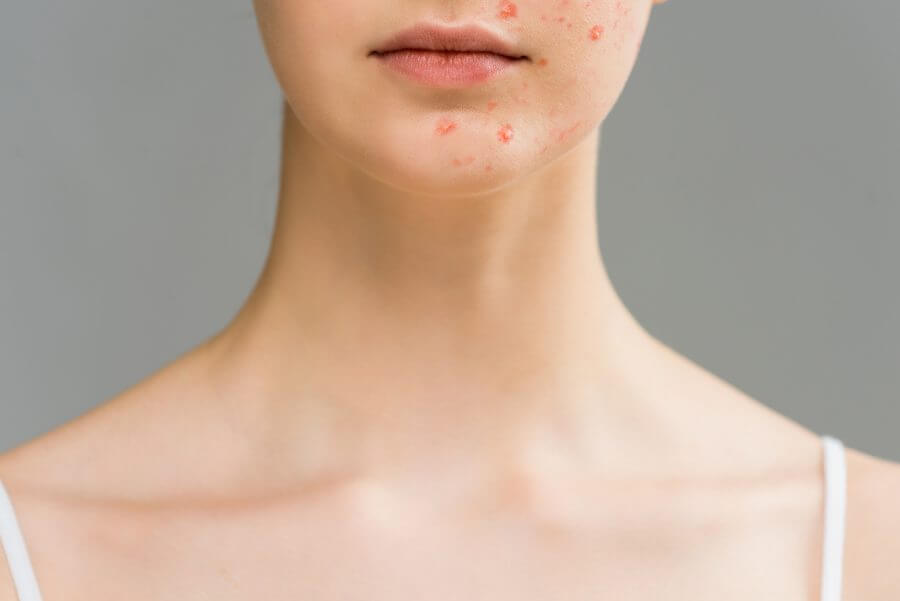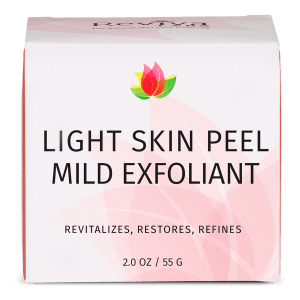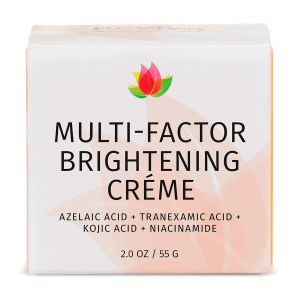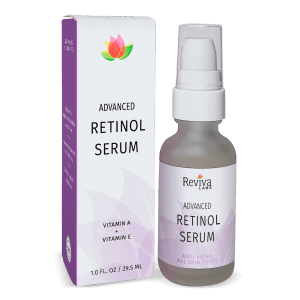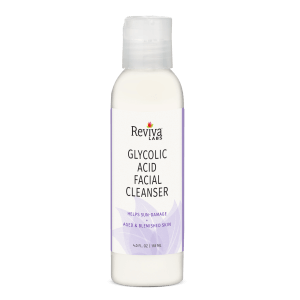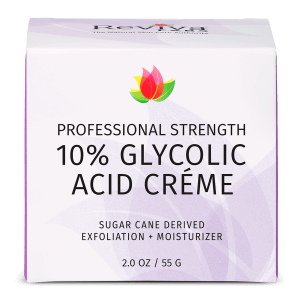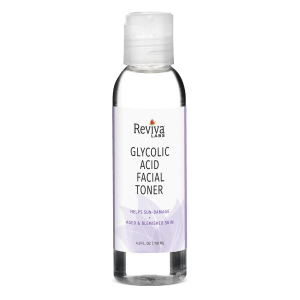Natural, Reviva Labs, Skin Care
How to Prevent Whiteheads
Whiteheads can be a persistent and frustrating skin concern for many. These small, white bumps typically appear on the face, particularly around the nose, chin, and forehead. They form when dead skin cells, oil, and bacteria become trapped within pores, leading to blockages. Preventing whiteheads requires a combination of good skincare habits, lifestyle adjustments, and appropriate product use.
Understanding Whiteheads and Their Causes
Whiteheads are a type of acne that occurs when pores are clogged with oil and dead skin cells but remain closed at the surface. This differs from blackheads, where the pore is open and the blockage is exposed to air, causing it to darken. Whiteheads can be influenced by several factors, including hormonal changes, diet, and skincare routines.
Hormones play a significant role, especially during puberty, menstruation, pregnancy, and even stress. These periods often cause the body to produce more sebum, the oily substance that can clog pores. Diet is another important factor. High glycemic foods, such as sugary snacks and beverages, can spike blood sugar levels and lead to increased sebum production.
Adopt a Consistent Skincare Routine
One of the most effective ways to prevent whiteheads is to maintain a consistent skincare routine. Start with a gentle cleanser that suits your skin type. Cleansing twice daily helps remove dirt, oil, and makeup, preventing them from clogging pores. Avoid harsh soaps and scrubs that can irritate the skin and exacerbate whitehead formation.
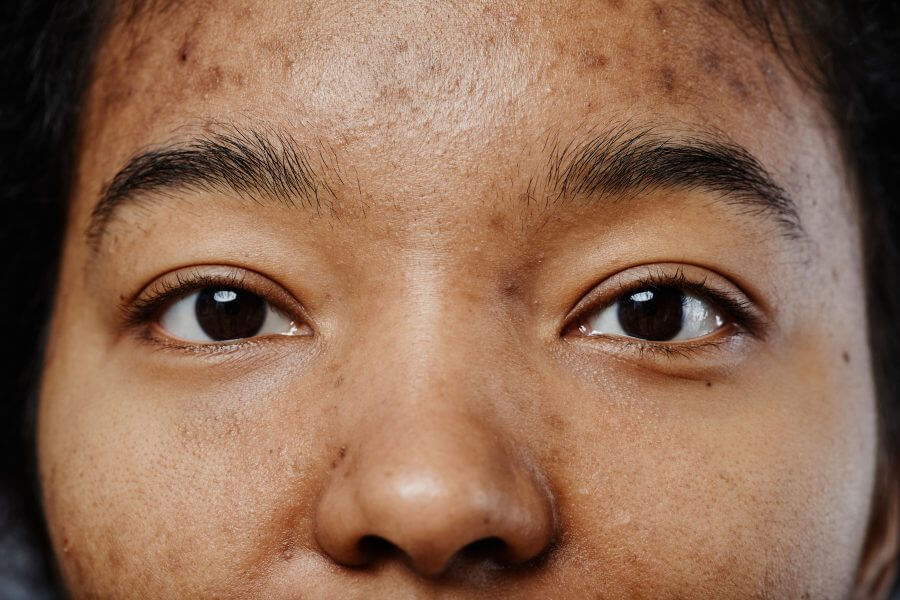
Exfoliation is crucial but should be done carefully. Using a mild exfoliant, such as those containing alpha hydroxy acids (AHAs) or beta hydroxy acids (BHAs), can help remove dead skin cells without causing irritation. Aim to exfoliate two to three times a week, depending on your skin’s sensitivity.
Moisturize and Protect
Moisturizing is essential, even for those with oily or acne-prone skin. Using a non-comedogenic moisturizer ensures that your skin stays hydrated without contributing to pore blockages. Look for products containing ingredients like hyaluronic acid, which hydrates the skin without adding oil.
Sun protection is another critical aspect of preventing whiteheads. Excessive sun exposure can dry out the skin, causing it to produce more oil to compensate. This can lead to clogged pores and whiteheads. Use a broad-spectrum sunscreen with an SPF of at least 30 daily and opt for formulas labeled non-comedogenic to avoid clogging pores.
Choose the Right Products
Selecting the right skincare products is vital for preventing whiteheads. Products labeled “non-comedogenic” are designed not to clog pores. When choosing makeup, opt for oil-free and non-comedogenic options. Ensure you remove makeup thoroughly each night to prevent pore blockages.
Incorporating products with salicylic acid can be beneficial, as this ingredient helps to clear out pores and reduce inflammation. Another effective ingredient is benzoyl peroxide, which kills acne-causing bacteria and helps to clear out blockages.
Watch Your Diet
Diet can significantly impact skin health. Studies have shown a link between high glycemic index foods and acne. Foods that cause rapid spikes in blood sugar, like sugary snacks and white bread, can increase oil production and contribute to whitehead formation. A study published in the American Journal of Clinical Nutrition found that a low-glycemic diet could reduce acne lesions by 50%.
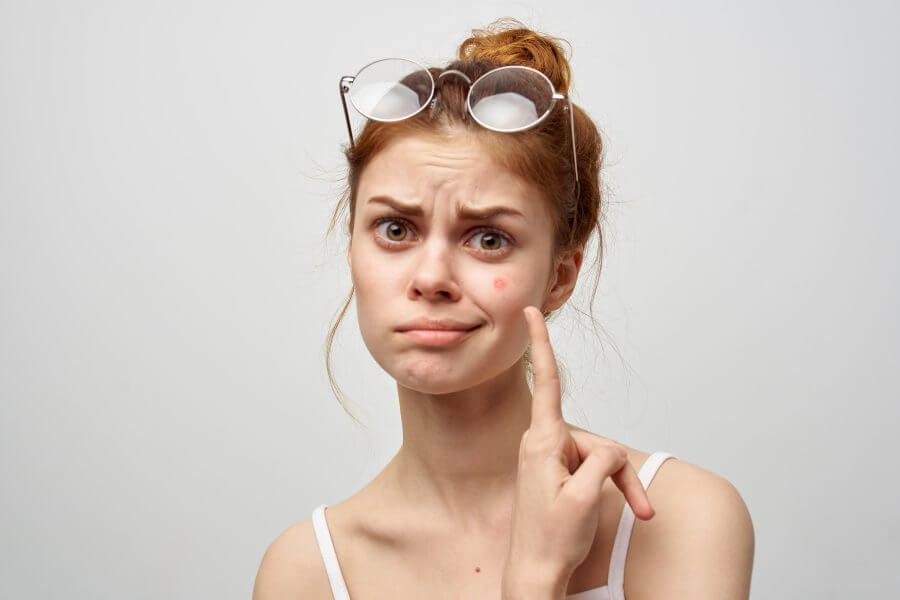
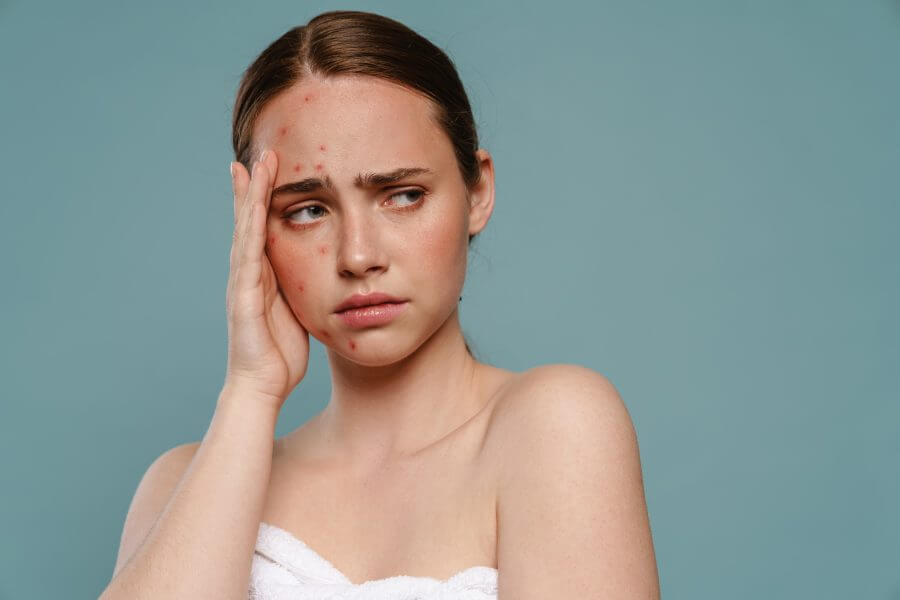
Incorporate more whole foods into your diet, such as fruits, vegetables, lean proteins, and whole grains. These foods help regulate blood sugar levels and provide essential nutrients for healthy skin. Omega-3 fatty acids, found in fish, flaxseed, and walnuts, have anti-inflammatory properties that can help reduce the severity of acne.
Manage Stress
Stress can exacerbate skin issues, including whiteheads. When stressed, the body produces more cortisol, a hormone that can increase oil production and lead to clogged pores. Finding effective ways to manage stress is crucial for maintaining clear skin.
Consider incorporating stress-reducing activities into your daily routine, such as yoga, meditation, or regular exercise. Adequate sleep is also vital, as lack of sleep can increase stress levels and negatively impact skin health. Aim for seven to eight hours of quality sleep each night.
Keep Your Environment Clean
Your environment can also affect your skin. Pillowcases, phone screens, and anything that comes into contact with your face can harbor bacteria and oil, contributing to whiteheads. Change pillowcases regularly, clean your phone screen daily, and avoid touching your face throughout the day.
Avoid Popping Whiteheads
It can be tempting to pop whiteheads, but this can lead to scarring and further inflammation. Popping whiteheads can push bacteria deeper into the skin, causing more significant issues. Instead, use spot treatments with ingredients like benzoyl peroxide or salicylic acid to help reduce the whitehead.
Consult a Dermatologist
If you struggle with persistent whiteheads despite following a good skincare routine, it might be time to consult a dermatologist. They can provide personalized advice and may recommend treatments like prescription creams, oral medications, or professional procedures such as chemical peels or light therapy.
A dermatologist can also help identify any underlying conditions that might be contributing to your whiteheads. They can provide treatments tailored to your skin type and concerns, helping you achieve clearer, healthier skin.
Incorporate Natural Remedies
Some natural remedies can help prevent whiteheads. Tea tree oil, for example, has antibacterial properties that can reduce acne-causing bacteria on the skin. Apply it sparingly, as it can be potent and potentially irritating.
Another option is witch hazel, a natural astringent that can help reduce inflammation and tighten pores. Aloe vera is also beneficial due to its soothing and anti-inflammatory properties. Using these natural remedies in conjunction with a consistent skincare routine can enhance your efforts to prevent whiteheads.
Stay Hydrated
Hydration is key for overall skin health. Drinking plenty of water helps flush out toxins and keep the skin hydrated from the inside out. When the skin is properly hydrated, it is less likely to produce excess oil, reducing the risk of clogged pores and whiteheads.
Aim to drink at least eight glasses of water a day. Herbal teas and water-rich foods like cucumbers and watermelon can also contribute to your hydration levels.
Maintain a Healthy Lifestyle
A healthy lifestyle goes a long way in maintaining clear skin. Regular exercise helps improve circulation, which can promote healthy skin. Exercise also helps reduce stress, which, as mentioned earlier, can contribute to whitehead formation.
Ensure you have a balanced diet, manage stress effectively, get adequate sleep, and maintain good hygiene practices. These habits will support your overall health and contribute to clearer, healthier skin.
Final Tips
Preventing whiteheads requires a holistic approach. By maintaining a consistent skincare routine, choosing the right products, managing stress, and adopting a healthy lifestyle, you can significantly reduce the occurrence of whiteheads. Remember that everyone’s skin is different, so it may take some time to find the best routine for you.
Always listen to your skin and adjust as needed. With patience and persistence, you can achieve and maintain clear, whitehead-free skin.



